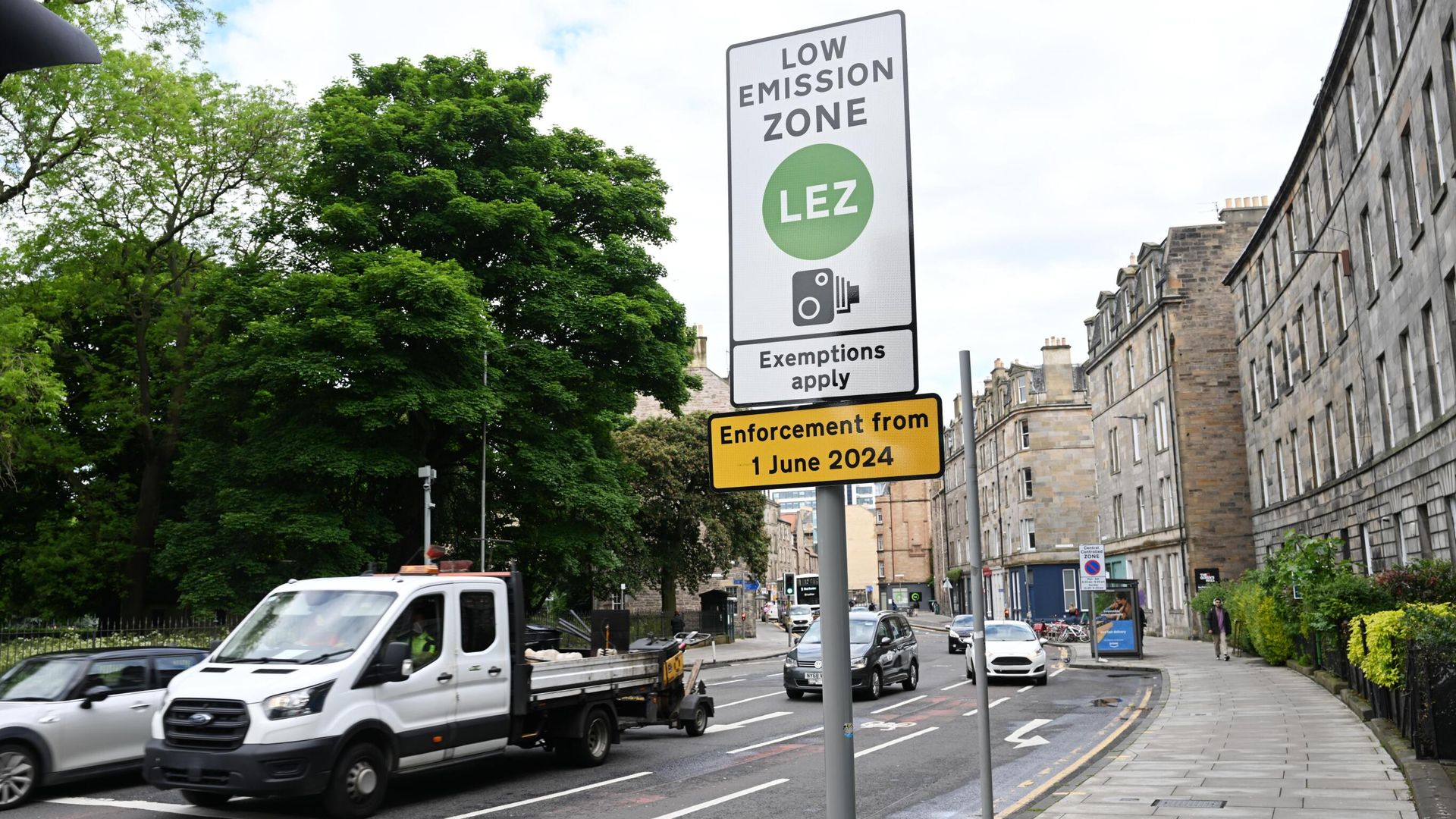The UK is providing technology to allow grain to be tested to make sure it has not been stolen by Russia from Ukrainian silos and sold abroad for profit.
George Eustice, the environment and food secretary, says the government is giving £1.5m to fund the DNA analysis of wheat to find where it comes from.
He told Sky’s Kay Burley: “Russia, it appears, are stealing some wheat from those stores and so what the UK government is doing is making available technology we’ve got to… test the provenance of wheat.
“We’re working with other countries, including Australia, on this so that we can ensure that stolen Ukrainian wheat does not find a route to market.
“You can test the DNA of the grain and we’ve got samples of Ukrainian grain. We did a lot of work on this – remember the horsemeat scandal about a decade ago?
“The UK is a world leader in being able to test the provenance – that’s the precise region in which a crop was grown – through the testing of DNA. And that’s what we’ve made available.”
It comes after a Sky News investigation that tracked one ship that turned off its transponder as it approached Ukraine in the Black Sea, adding evidence that Russian forces are illegally expropriating Ukrainian resources.
Russia in first foreign debt default in over a century, bondholders claim
Ukraine war: G7 leaders under pressure to stand together and not buckle in face of Putin’s aggression
Ukraine war: Kyiv attacked by Russia for first time in weeks as one killed and several injured in missile strikes
Read more: The disappearing ships: Russia’s great grain plunder
The US Secretary of State Antony Blinken has also said the US possesses “credible reports” that Russia is stealing Ukrainian grain and selling it internationally.
He was speaking with reference to a New York Times story that said Washington had last month warned 14 countries, mostly in Africa, that Russia was trying to ship stolen Ukrainian grain to buyers overseas.
The Sky News investigation showed a shipment of grain that was likely to have come from occupied Ukraine before being moved to a Turkish port.
Please use Chrome browser for a more accessible video player
Last week Ankara said it was looking into claims that Ukrainian grain had been stolen by Russia and transferred to countries including Turkey, but added investigations had not found any stolen shipments so far.
Russia has denied allegations it has stolen Ukrainian grain.
Mr Eustice did not explain how and where the British technology would be used and where the money would be spent.
Sky News has asked the government to provide a more thorough explanation about how it would work but has yet to have a full reply.
Mr Eustice ruled out using the Royal Navy to escort Ukrainian grain ships through the Black Sea to help Kyiv export the 25 million tonnes of wheat in its silos. But, he said, the UK was doing what it can to help them get the grain to market.
He said: “Although it’s a small proportion of the overall total (of grain in worldwide storage), in the current context it’s quite significant and unless we can get it out, there won’t be stores for this year’s harvest to go into.
“So we’re looking at what we can do to help – to repair railways, to look at a land bridge so that we can get that wheat out across the land border. It’s now very, very perilous to try to get ships into the Black Sea… because the area is mined and in fact Ukraine themselves have closed their ports for security reasons.”
There have been fears expressed that there will be growing calls from countries affected by a worldwide hike in food prices as a result of the Ukraine war for Russia and Kyiv to end their conflict, even if it means Ukraine loses territory.
On Monday, it was reported that Indonesian President Joko Widodo, the chair of the Group of 20 (G20) nations, will urge Russia and Ukraine to rekindle peace talks, and seek ways to free up exports of grain to global markets when he visits Moscow and Kyiv in the coming days.
Also on Monday, disruption in wheat supplies caused by the Ukraine war were said to have contributed to a decision by the World Food Programme to further reduce rations in Yemen, where millions face hunger.








